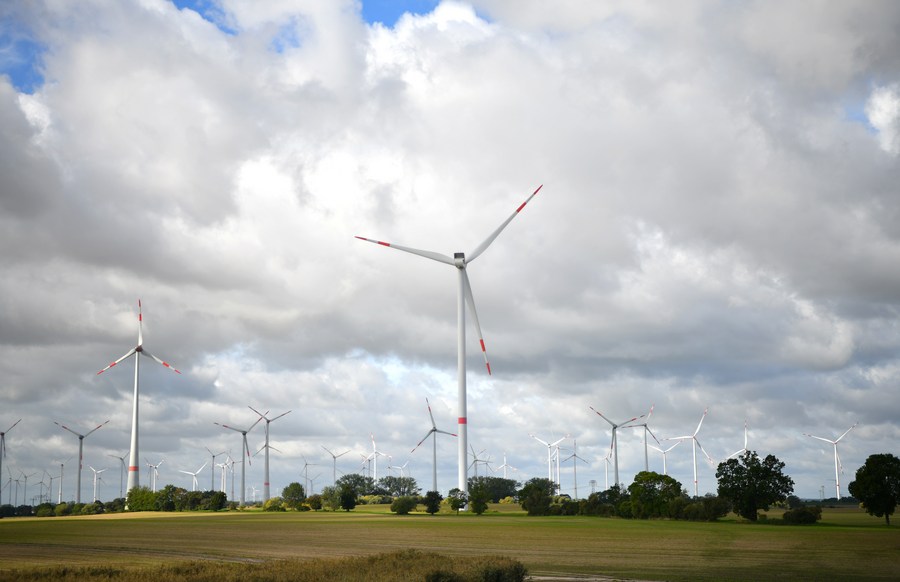The “Dunkelflaute” phenomenon – which translates from German as “‘dark calm’”, describing cloudy, windless and very cold weather – is spreading, having a devastating impact on Germany’s struggling economy.
"Dunkelflaute" is a period of uncertainty for renewable energy companies, when low wind and prolonged cloudy weather affect the ability to generate electricity from wind or solar.
Montel Analytics forecasts German wind power output will fall to 2.8 gigawatts, compared with the normal 19 gigawatts typically produced at this time of year.
Changing weather conditions have forced Germany to burn more fossil fuels, increase operations at coal power plants and import energy from France to meet demand.
Electricity prices rose above 900 euros per megawatt hour on 11 December – the highest level recorded in 18 years, according to data from EpexSpot and a Telegraph report.
Fortune points out that the “Dunkelflaute” phenomenon is affecting not only Germany but all of Western Europe. In the United Kingdom, National Grid data shows that as of 2 p.m. on December 12, the country generated 5.9% of its electricity from wind, compared to an average of 31.8% over the past year.

However, the problem in Germany is more acute because of its energy mix. Germany has faced an unfavorable energy situation since the Russia-Ukraine conflict broke out, cutting off vital oil and gas supplies from Russia due to sanctions. Germany is also heavily reliant on renewable energy from wind after abandoning nuclear power at the beginning of the 21st century.
“German wind output is even lower than the already low forecast,” Sabrina Kernbichler, senior energy analyst at Energy Aspects, told Bloomberg.
Kathryn Porter, an independent energy analyst at Watt Logic, told the Telegraph that the current situation was the result of “bad choices made by Germany over the past 20 years.” She pointed out that Germany had closed most of its nuclear power plants as well as many conventional coal plants to focus on building wind farms.
“Most of Germany’s wind power is concentrated in the north while the biggest demand centres are in the south and, like the UK, Germany has not built enough grid infrastructure, so there is a lot of congestion,” she pointed out.
Fortune said this is the latest blow to the German economy. High energy prices have contributed to a 2 1/2 year recession in the country's manufacturing sector.









